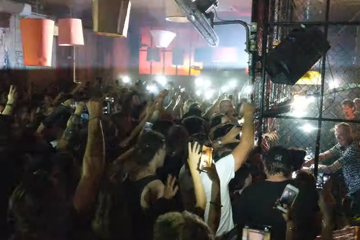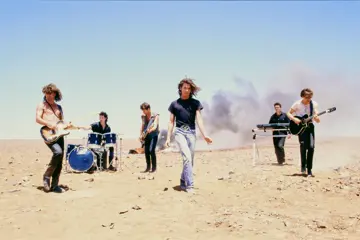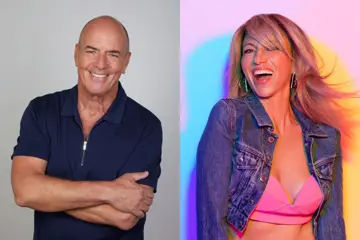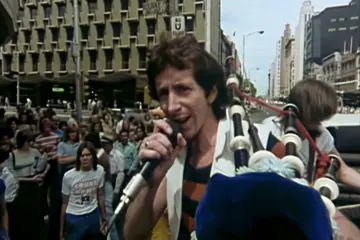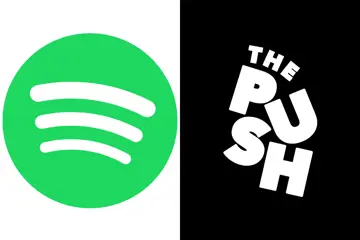"I could imagine that the journalists had already written their reviews, like the obituaries on deck for the nearly dead; someone could just plug in the name of our latest album and the review could be done."
It’s a line from Sleater-Kinney member Carrie Brownstein’s (Portlandia) new memoir, Hunger Makes Me A Modern Girl, and it seems she’s inadvertently predicted the future – although Brownstein isn’t the artist in question here.
It’s fair enough to say that Yahoo accidentally publishing a review of Rihanna’s eight album, Anti, last week before they’d even heard it (or had time to fill in the blanks of the draft) was a massively embarrassing oversight, but it seems no one really took the time to really think about why it happened.
Reviewer Chris Riotta wrote an entire piece on the record without even hearing it. It sounds like a ridiculous proposition on the surface, but is predicting the movements of mainstream pop really that difficult these days?
So firstly, instead of looking at what they did wrong (they messed up big time, we're not debating that), let’s see how close they came.

Don't miss a beat with our FREE daily newsletter
The record was released on Friday, and Kanye West and Paul McCartney (among other guests on the release) are indeed some of the hottest names in the music industry. So far, so good.

It ended up streaming exclusively via Tidal before making its way to other services, so we’ll pay that.

This is where things start to get a bit more detailed, but Riotta still manages to ride the wave to a degree of success. Take a look at this “artsy” and “explicit” film clip for Bitch Better Have My Money and tell us that Rihanna’s not trying to be “edgier, freer” with her music?
And her lyrics are definitely expanding:
Yayo, yayo
Moo-la-lah
Yayo

Correct!
There’s a reason Yahoo were able to draft a review like they did, and it provides commentary on the music scene at large. Although calling it a review is a bit of a stretch as it actually reads more like a general overview of the record, which the writer later said it was.
Most of your favourite pop songs aren’t even written by the artist you adore so much — that's nothing new. Even at times when it says co-written by [INSERT ARTIST], said artist is probably just sitting in the room while a bunch of musical nerds put the pieces of the puzzle together, conforming to what’s popular.
Pop artists can pretty much go window shopping when it comes to new music. Earlier this year, Fader reported that Miley Cyrus’ We Can’t Stop, Sia’s Chandelier and Beyonce’s Pretty Hurts were all pitched to Rihanna at one stage, but she turned them down. That reinforces the claim that there’s little emotion attached to these songs and they’re seen as commodities. How can you form an emotional connection with an artist who didn’t actually write that breakup song you hold so dear?
You can’t blame the artist or the businesses, though. It’s the way the industry has gone – everything is so fast paced and anyone who doesn’t conform will fall by the wayside.
And that’s not to say that big business wasn’t meddling in the music industry for profits in the ‘60s or ‘70s (and songs have been shopped around since way back), but can you compare the integrity of any stadium artist in 2015 to Led Zeppelin, The Beatles or Janis Joplin?
This hit single environment is destroying the longevity of music — easy come, easy go. The Rolling Stones, Bruce Springsteen, Dolly Parton and more are still doing sell-out tours decades into their career. Can you imagine Taylor Swift running around to Shake It Off in her 80s? Or Justin Bieber flashing his abs while performing Sorry in 2075?
So yes, Yahoo, screwed up and it was good for a laugh, but their error simply points out a larger problem in the production and disposability of music. Had they filled in those blanks before hitting publish, thousands of people probably would have read it, agreed and pressed the Facebook Like button.
Shit happenspic.twitter.com/vO1c19m1PR
— Chris Riotta (@chrisriotta) November 27, 2015




